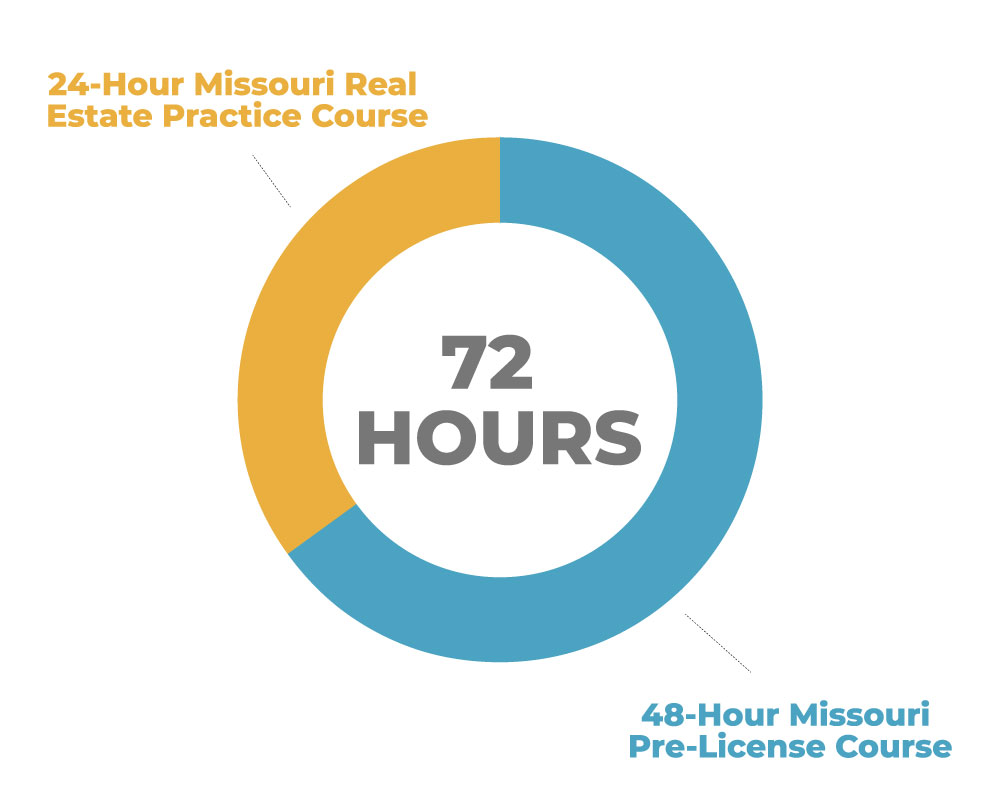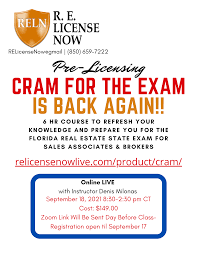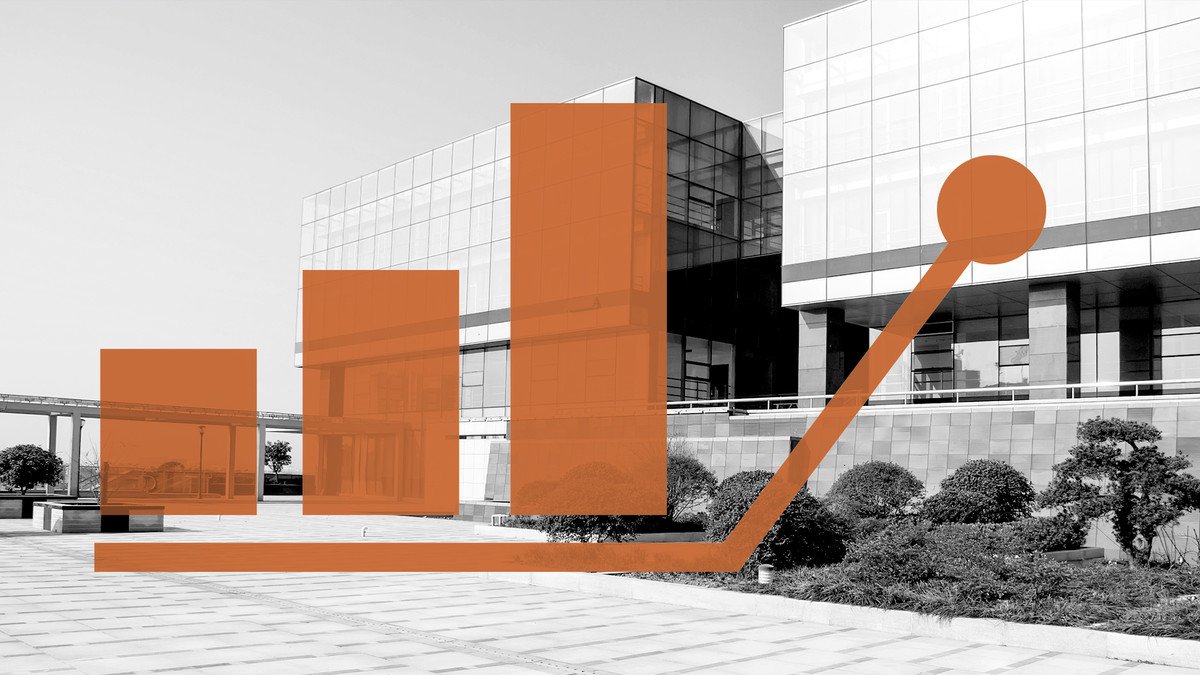
If you are thinking about buying rental property, you will need to understand what is involved. It is important to understand the pros and cons associated with owning rental property. Consider who will live in the property, when it will be vacant, and why you want to buy it.
Rent to own
Rent to own is a way to buy a single-family house without paying the full amount at once. This can help you build your credit and save money for a downpayment before purchasing the home. It can help you avoid private insurance for your mortgage.

Hard money loans
Hard money loans to purchase rental property are loans based on an asset's market value, and not the borrower’s credit score. This means that lenders look at both the property's current value and the value after repairs. Hard money lenders are more likely to offer rental property loans at lower interest rates than other types of financing.
Owner-occupancy mortgages
Owner-occupancy loans are a great way diversify and earn rental income. Due to the possibility of investors defaulting on the loan, these loans have a higher interest rate and require a greater down payment. However, these more restrictive terms are beneficial to real estate investors, since they will be able to fully expense interest payments as a tax deduction.
1031 exchanges
This is a great option to enhance your portfolio if 1031 exchanges are being considered for the purchase of rental property. You must find a replacement property quickly. This means that you must identify it within 45 days and close on it no later than 180 days after you sell the first property. Although there are many rules that must be adhered to, a smart property search tool will make the process simpler.
Renting a single-family house as a rental property
A single-family home can be purchased for residential rental purposes and has many advantages over multi-family homes. First of all, single-family homes tend to have more space inside and outside. These homes are more attractive for tenants who have pets or families. A lot of single-family houses have fenced-in backyards and off-street parking which can make it easier for tenants to move in. Single-family homes have the advantage of being more affordable that multi-family properties.

Budgeting for the entire process
First, determine your monthly budget to finance the purchase of rental property. This figure should be determined based on your monthly expenses, income, and costs associated with maintaining and owning a rental property. Next, calculate the amount that will go towards rent and monthly expenses. You must be careful not to overspend and learn to live within your means.
FAQ
What is reverse mortgage?
A reverse mortgage allows you to borrow money from your house without having to sell any of the equity. It works by allowing you to draw down funds from your home equity while still living there. There are two types to choose from: government-insured or conventional. Conventional reverse mortgages require you to repay the loan amount plus an origination charge. FHA insurance will cover the repayment.
What should you consider when investing in real estate?
The first thing to do is ensure you have enough money to invest in real estate. You can borrow money from a bank or financial institution if you don't have enough money. It is important to avoid getting into debt as you may not be able pay the loan back if you default.
You must also be clear about how much you have to spend on your investment property each monthly. This amount should cover all costs associated with the property, such as mortgage payments and insurance.
Finally, ensure the safety of your area before you buy an investment property. You would be better off if you moved to another area while looking at properties.
How much should I save before I buy a home?
It depends on how long you plan to live there. It is important to start saving as soon as you can if you intend to stay there for more than five years. However, if you're planning on moving within two years, you don’t need to worry.
What are the top three factors in buying a home?
The three most important things when buying any kind of home are size, price, or location. It refers specifically to where you wish to live. Price refers how much you're willing or able to pay to purchase the property. Size refers to how much space you need.
What are the disadvantages of a fixed-rate mortgage?
Fixed-rate mortgages tend to have higher initial costs than adjustable rate mortgages. If you decide to sell your house before the term ends, the difference between the sale price of your home and the outstanding balance could result in a significant loss.
Statistics
- Based on your credit scores and other financial details, your lender offers you a 3.5% interest rate on loan. (investopedia.com)
- It's possible to get approved for an FHA loan with a credit score as low as 580 and a down payment of 3.5% or a credit score as low as 500 and a 10% down payment.5 Specialty mortgage loans are loans that don't fit into the conventional or FHA loan categories. (investopedia.com)
- Over the past year, mortgage rates have hovered between 3.9 and 4.5 percent—a less significant increase. (fortunebuilders.com)
- This seems to be a more popular trend as the U.S. Census Bureau reports the homeownership rate was around 65% last year. (fortunebuilders.com)
- The FHA sets its desirable debt-to-income ratio at 43%. (fortunebuilders.com)
External Links
How To
How to Buy a Mobile Home
Mobile homes are homes built on wheels that can be towed behind vehicles. Mobile homes are popular since World War II. They were originally used by soldiers who lost their homes during wartime. People who want to live outside of the city are now using mobile homes. These houses come in many sizes and styles. Some houses can be small and others large enough for multiple families. Some are made for pets only!
There are two main types for mobile homes. The first type is manufactured at factories where workers assemble them piece by piece. This takes place before the customer is delivered. You can also build your mobile home by yourself. The first thing you need to do is decide on the size of your mobile home and whether or not it should have plumbing, electricity, or a kitchen stove. Then, you'll need to ensure that you have all the materials needed to construct the house. Final, you'll need permits to construct your new home.
These are the three main things you need to consider when buying a mobile-home. You may prefer a larger floor space as you won't always have access garage. A model with more living space might be a better choice if you intend to move into your new home right away. Third, you'll probably want to check the condition of the trailer itself. You could have problems down the road if you damage any parts of the frame.
You need to determine your financial capabilities before purchasing a mobile residence. It's important to compare prices among various manufacturers and models. Also, consider the condition the trailers. Many dealers offer financing options. However, interest rates vary greatly depending upon the lender.
Instead of purchasing a mobile home, you can rent one. Renting allows for you to test drive the model without having to commit. Renting isn’t cheap. The average renter pays around $300 per monthly.